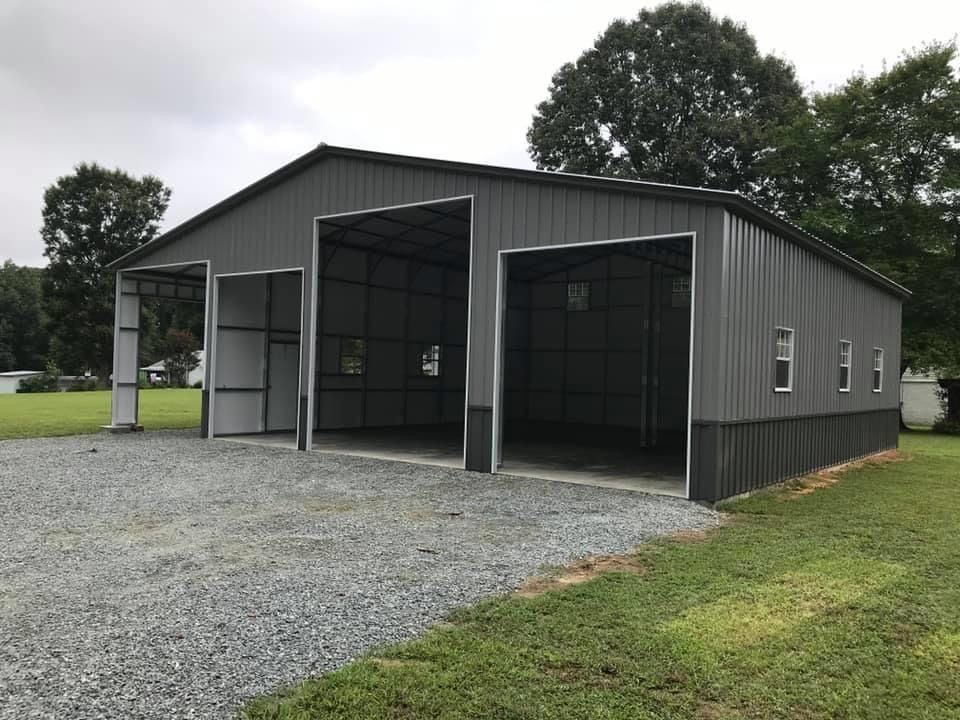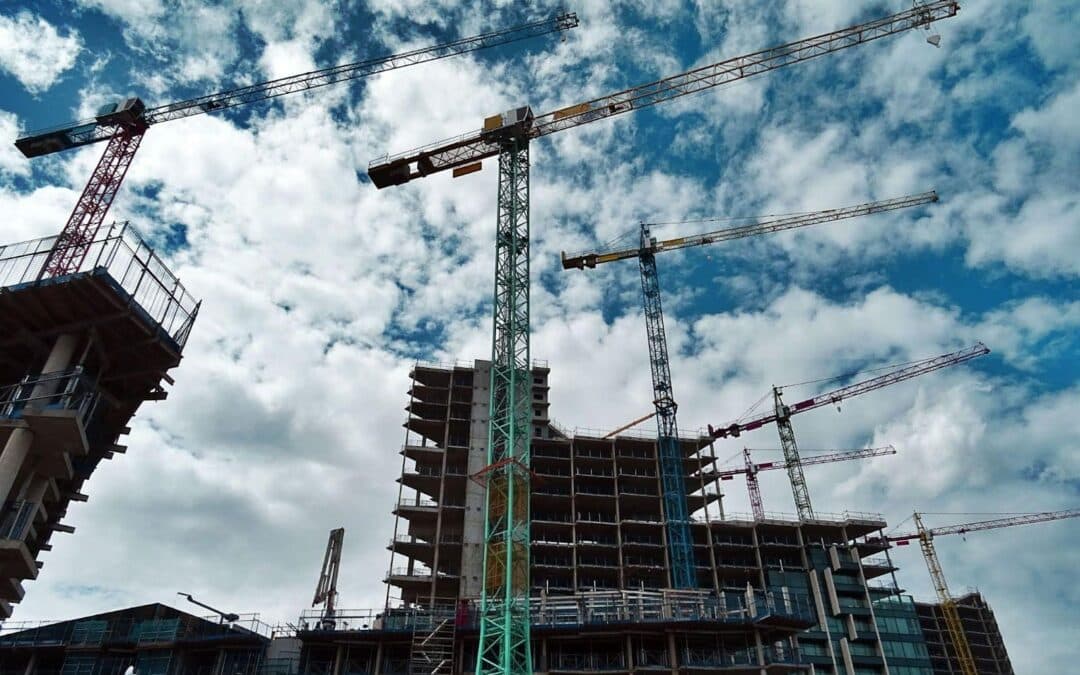House Demolition Vs. Refurbishing Which Drives Better Home Selling Results?
SEO Meta Description:
Discover the key differences between house demolition and refurbishing in the real estate market. Uncover which strategy yields superior home selling results. Make informed decisions for optimal returns. House Demolition Vs. Refurbishing
Introduction
In the dynamic realm of real estate, deciding between house demolition and refurbishing is a critical choice that directly impacts the selling potential of a property. This article delves into the nuances of both approaches, providing insights to guide homeowners, investors, and real estate enthusiasts on the path to maximizing their returns.
Exploring the Options
Understanding House Demolition
Embarking on a journey to demolish a house is a strategic decision with potential financial benefits. Demolishing allows for a clean slate, eliminating outdated structures and paving the way for modern, market-driven designs. The allure of a new home can captivate potential buyers, often leading to enhanced property value.
Factors Influencing House Demolition
Delving deeper, various factors influence the decision to demolish, such as structural integrity, market trends, and neighborhood aesthetics. A comprehensive evaluation of these elements ensures a well-informed choice that aligns with the current demands of the real estate market.
Refurbishing: Breathing New Life into Homes
Refurbishing, on the other hand, involves renovating and upgrading existing structures. This approach caters to those who appreciate the charm of older homes while desiring modern amenities. The balance between preserving character and introducing contemporary features can be a powerful selling point.
Navigating Challenges in Refurbishing
Despite its appeal, refurbishing comes with its set of challenges, including cost considerations, potential unforeseen issues during renovations, and the need for compliance with building codes. Skillful project management is crucial to overcome these hurdles and ensure a successful transformation.
House Demolition Vs. Refurbishing: Which Drives Better Home Selling Results?
The Economic Impact on Home Selling Results
The economic aspect plays a pivotal role in deciding between demolition and refurbishing. New constructions may command higher prices due to modern amenities, while well-executed refurbishments can capitalize on the timeless charm of older homes. Striking the right balance is essential for optimal financial outcomes.
Market Trends: What Buyers Seek
Understanding current market trends is paramount. Buyers’ preferences often shift, with some gravitating towards brand-new homes, while others appreciate the history and uniqueness of refurbished properties. Adapting to these trends ensures alignment with buyer expectations and increased chances of a swift sale.
Frequently Asked Questions (FAQs)
Q: How does the cost of house demolition compare to refurbishing? A: The cost comparison varies based on factors like location, size, and scope of the project. Generally, refurbishing tends to be more cost-effective than total demolition and reconstruction.
Q: Are there environmental considerations in house demolition?
A: Yes, environmental impact is a crucial factor. Demolition generates significant waste, while refurbishing promotes sustainability by reusing existing structures.
Q: Do refurbished homes sell faster than newly constructed ones?
A: The speed of sale depends on market demand and the appeal of the property. Well-refurbished homes can attract buyers quickly, but new constructions may have a competitive edge in certain markets.
Q: Can a balance between demolition and refurbishing be achieved?
A: Yes, hybrid approaches exist, where parts of the existing structure are retained, and new elements are integrated. This allows for cost savings and preservation of unique architectural features.
Q: What role does location play in choosing between demolition and refurbishing?
A: Location significantly influences the decision. In prime areas, refurbishing may be preferred to maintain the neighborhood’s historical charm. In developing areas, demolition for new constructions may align with market demands.
Q: Are there tax implications associated with house demolition or refurbishing?
A: Tax implications vary, and it’s advisable to consult with financial experts. In some cases, refurbishing may offer tax incentives for preserving historical structures.
Conclusion
In the complex landscape of real estate, the choice between house demolition and refurbishing is nuanced. By carefully weighing economic considerations, market trends, and personal preferences, individuals can make informed decisions that enhance their chances of achieving better home selling results.














